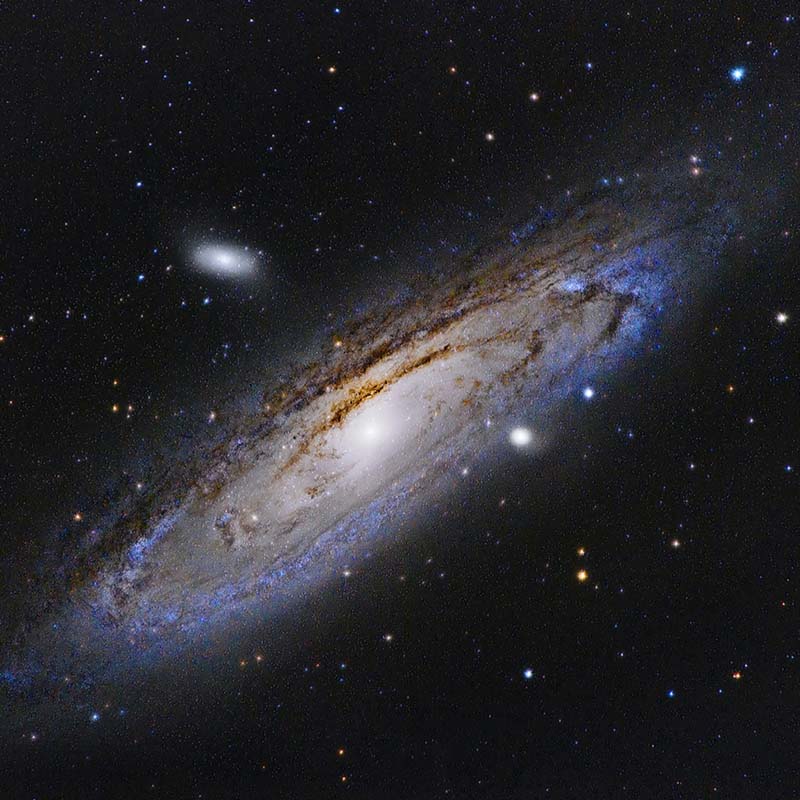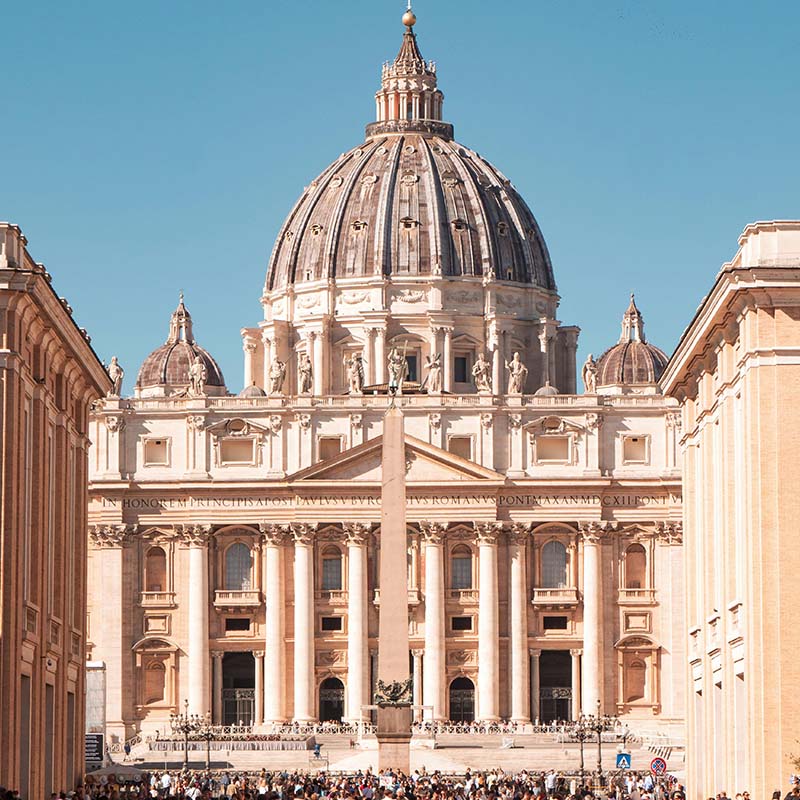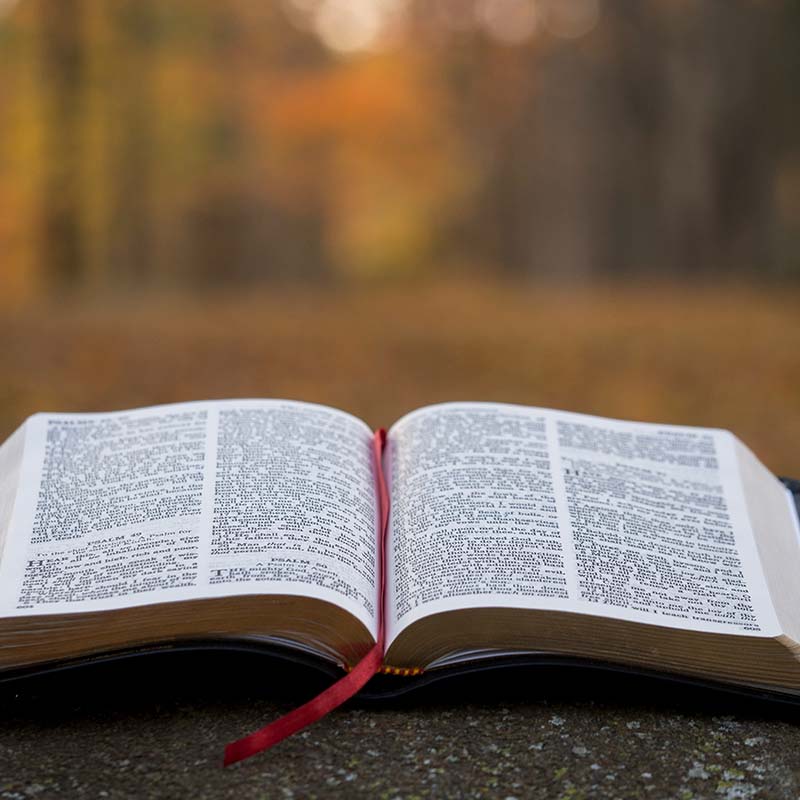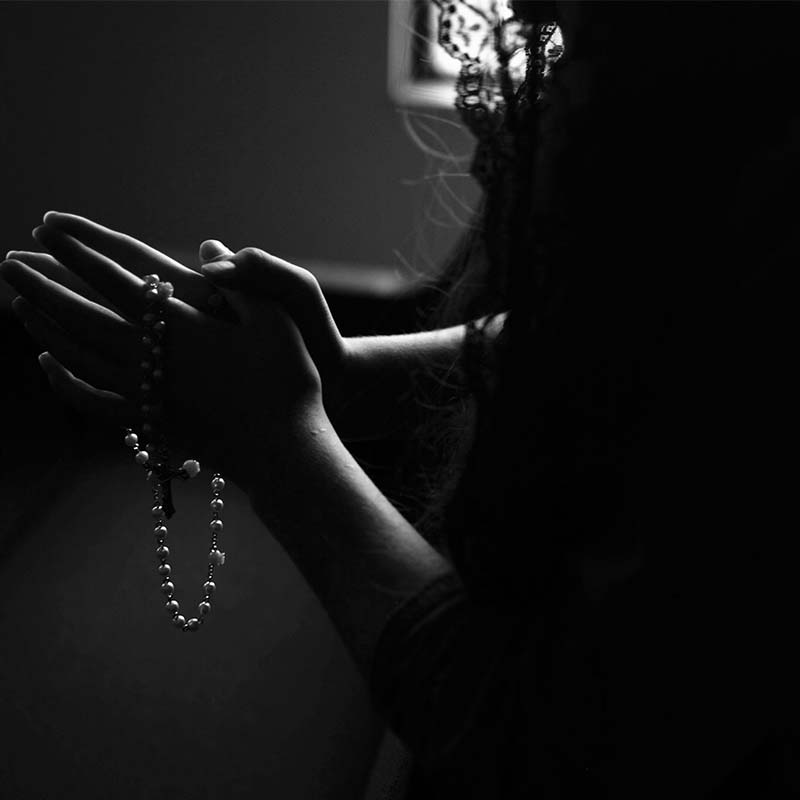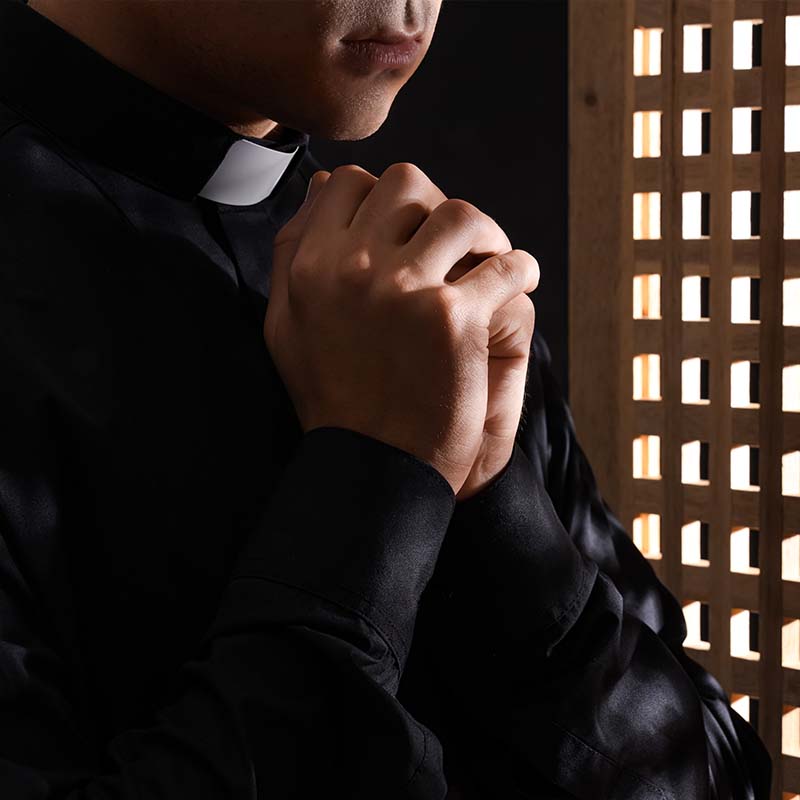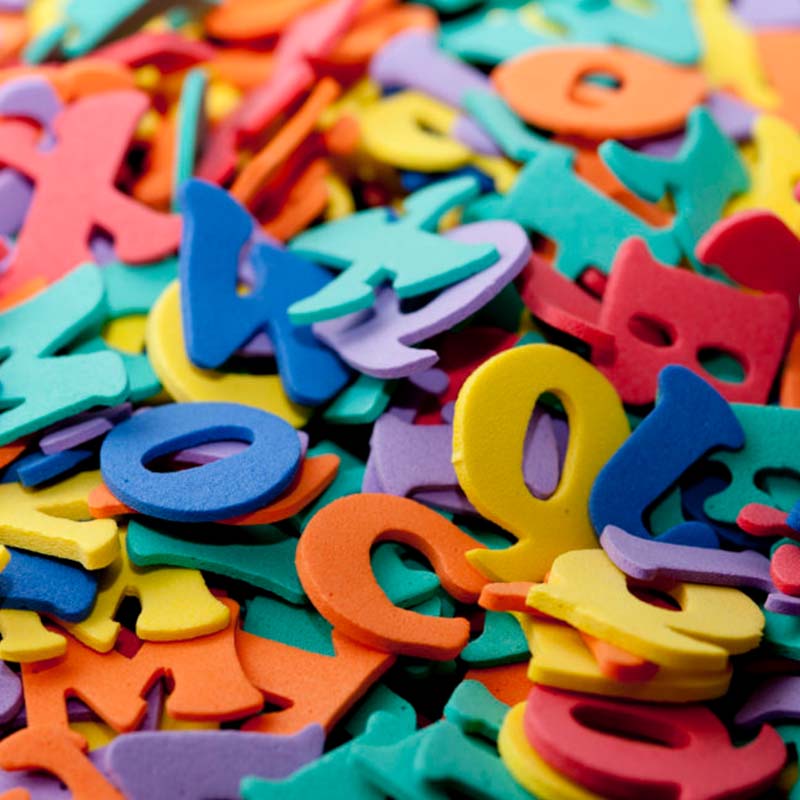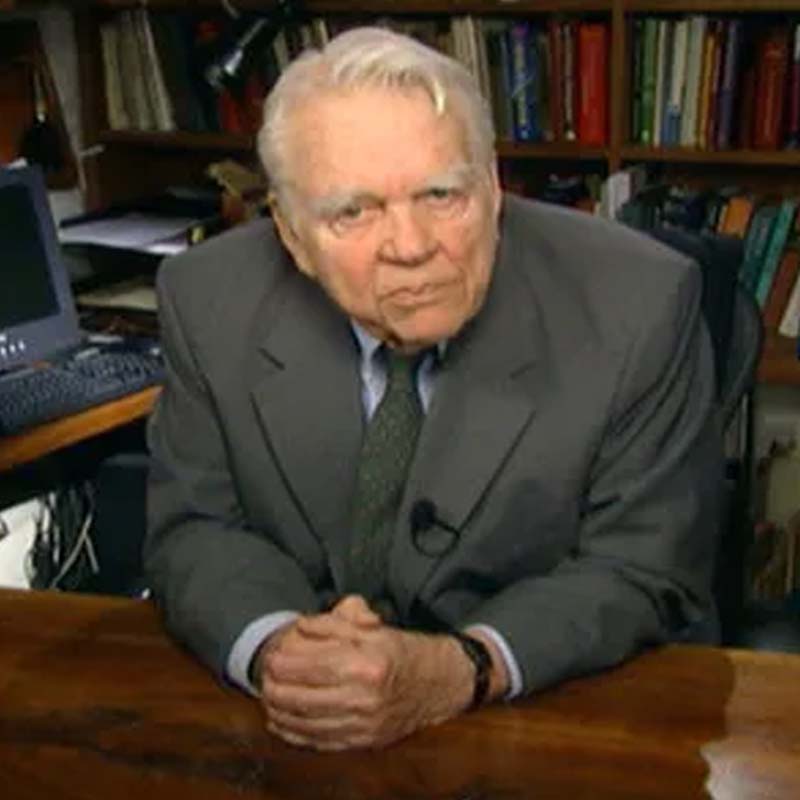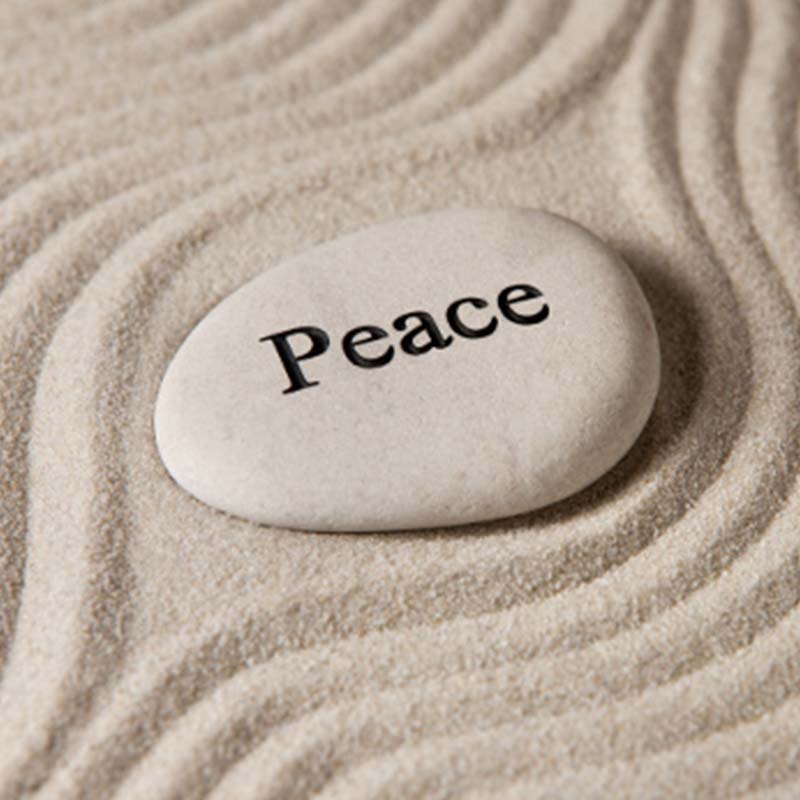
A rose by any other name would smell as sweet.
William Shakespeare
“What’s in a name?” quoth the hero in Shakespeare’s Romeo and Juliet. And verily what doth it mean to speak in the name of another? I am delighted thou wouldst ask.
Christians the world over dare to pray in God’s name. In the name of Jesus…; In the name of the Father, and of the Son, and of the Holy Spirit. The words begin and end so many prayers. But are they so formulaic that the full meaning is lost on the lips of the speaker? What’s in a name, indeed?
A name establishes identity. Knowing someone’s name establishes relationship.
When Yahweh told Moses at the burning bush that his name was “I am,” he was both revealing something about his identity and establishing a relationship with him. When Jesus taught his disciples to pray, he revealed more of God’s identity and relationship with them by addressing him as “Abba, Father.” In both instances, God’s name and presence were revealed as holy. “Remove the sandals from your feet, for the place where you stand is holy ground.” (Exodus 3:5b) “Our Father in heaven, hallowed (holy) be your name.” (Matthew 6:9b)
But speaking in someone’s name establishes authority.
In God’s Name
“And whatever you do, in word or deed, do everything in the name of the Lord Jesus, giving thanks to God the Father through him.” (Colossians 3:17) When Christians pray or act in the name of Jesus they are invoking his authority on their behalf. They are not praying or acting alone.
When Catholics make the sign of the cross, they are praying in the name of the Trinity. Almost all of Paul’s letters begin and sometimes end with a Trinitarian invocation. “The grace of the Lord Jesus Christ, and the love of God, and the fellowship of the Holy Spirit be with you all.” (2 Corinthians 13:13)
The sign of the cross is one way of acknowledging that the work of salvation on Calvary is the work of the Trinity. I’ve heard it said the following way. Touching the forehead and moving down to the abdomen represents the Father sending the Son all the way down to us into the very womb of Mary; and after his death and resurrection, down to the very bowels of the universe, so to speak, where all souls who had died in the state of God’s grace were awaiting release. The movement upwards to touch each shoulder represents our rescue from sin, death, and the powers of darkness as the Son brings us back into the embrace of his Father, who is the Holy Spirit. That is to say that the Father is the Lover, the Son his Beloved, and the Shared Love – the very breath of intimacy between them – is the Holy Spirit. Ever since hearing this description, I find myself keenly aware of being rescued, saved, and returned to God’s embrace each time I make the sign of the cross.
In God’s Embrace
Fr. Raniero Cantalamessa, OFM Cap, in his book Come, Creator, Spirit,expounds on this reality: “This is the most beautiful moment of any creature’s life, to know that one is loved, personally, by God, to feel oneself lifted to the bosom of the Trinity and to find oneself in the flood of love that flows between Father and Son, enfolded in their love, sharing their passionate love for the world.”
In the 12th century, the French Benedictine abbot, William of St. Thierry expanded further: “Amazing condescension of the Creator towards the creature, signal grace, inconceivable benevolence, the greatest of motives for the creature to trust the Creator, sweet closeness shared, delight of mutual knowing; we come to find ourselves clasped in the embrace and sharing the kiss of the Father and Son; and that is in the Holy Spirit; united to God with the same love that unites Father and Son, made holy in him who is the very holiness of the Two. To rejoice in such a great good, to have the sweet experience of it, as far as it is possible in this troubled and deceptive lifetime: that is to experience what it is truly to be alive.” (From The Mirror of Faith)
May we never make the sign of the cross in a cavalier way again. And may we never pray in the name of Jesus in casual rote again. Amen.
“Moved by love and wishing to reconcile the human race to yourself, you gave us your only-begotten Son. He became our mediator and our justice by taking on all our injustice and sin out of obedience to your will, eternal Father, just as you willed that he take on our human nature. What an immeasurably profound love! Your Son went down from the heights of his divinity to the depths of our humanity. Can anyone’s heart remain closed and hardened after this?“
Unknown source from the liturgy of the hours

